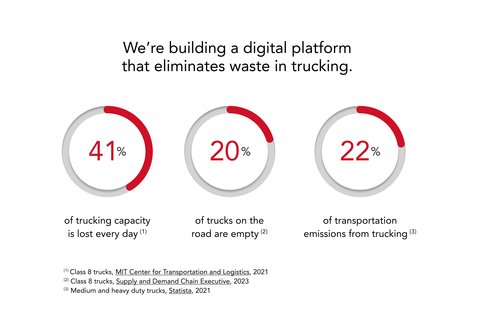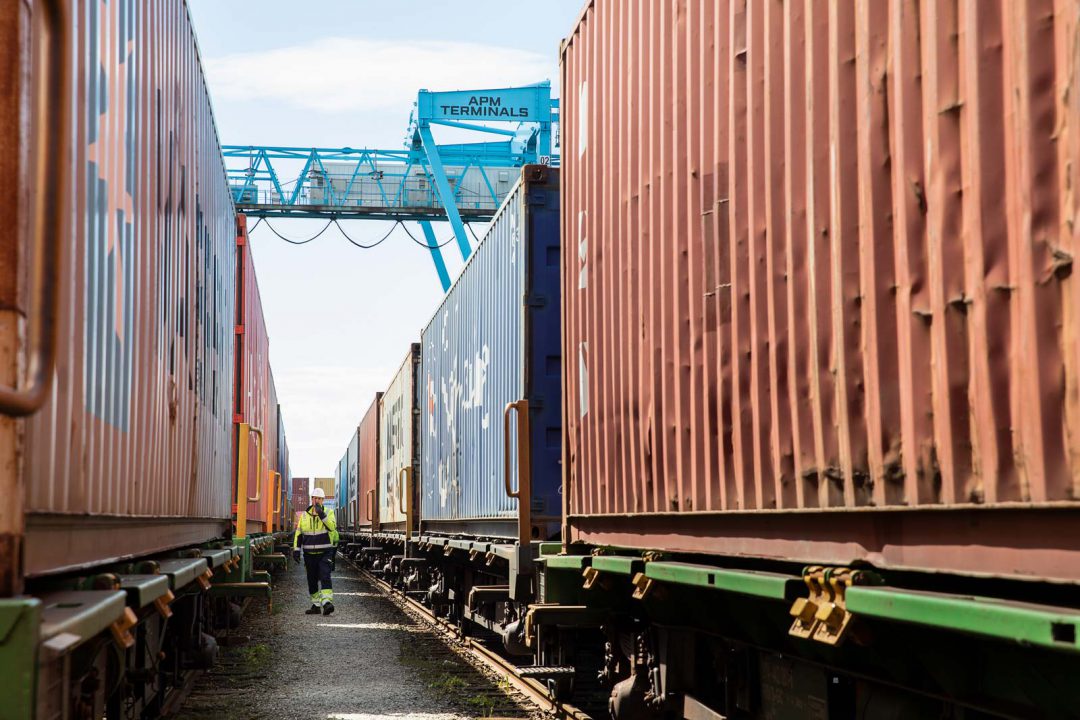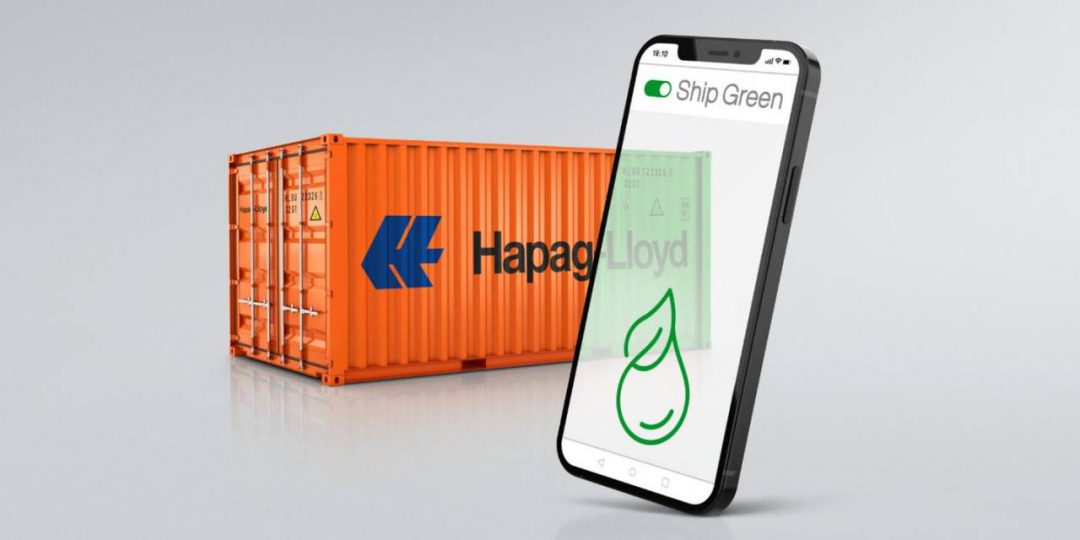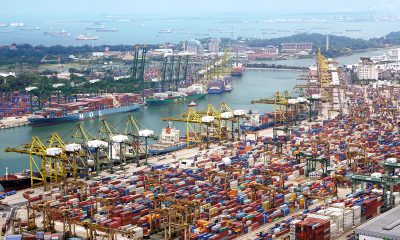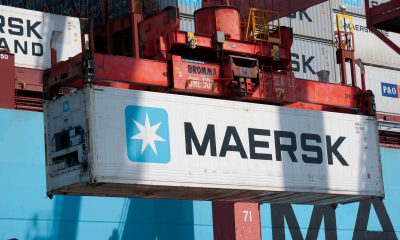DHL Express, the world’s leading express service provider, expects unprecedented online shopping and shipping volumes during the upcoming peak season of 2020. With continued globalization and the Covid-19 pandemic driving consumers to shop online like never before, especially during upcoming mega shopping days such as ‘Black Friday’ and ‘Singles Day’, DHL Express is expecting an all-time high in e-commerce trade around the globe. Having already experienced around 35% e-commerce shipment volume growth in 2020, the upcoming peak season will further accelerate this and result in more than 50% higher shipment quantities compared to last year’s peak season.
“Over the years, we have seen consumers and even businesses shift their purchases online, but the pandemic has truly pushed the trend to leapfrog a few years ahead,” said Ken Lee, CEO of DHL Express Asia Pacific. “At DHL Express, it is our mission to enable global trade and support our customers during the most important days of their business. The upcoming peak season will be challenging to the logistics industry, but we stand ready to make sure that our customers’ shipments are delivered as fast and as safely as possible. We are proud of the steadfast commitment of our employees and couriers who are out there to fulfil our mission of connecting people and improving their lives.”
DHL Express has taken numerous precautionary measures for over 100,000 employees operating in more than 220 countries and territories, such as providing face masks and disinfectants, and implementing social distancing and remote working where suitable. The company has also developed safe delivery procedures including removing the need for customers to sign for their shipments. These steps taken helped to secure business continuity for DHL, our customers and global trade.
DHL Express is prepared for significantly higher volumes and an earlier peak season start
It comes as no surprise that e-commerce numbers are rising given its growth trajectory in past years. However, the volume of shipments have grown tremendously higher than expected due to Covid-19. Numbers from the most important shopping occasions from earlier this year have already shown an increase in online e-commerce shipment volumes by at least 35%.
Facing such increasing volumes and Covid-19 spreading around the globe in parallel, the challenges for logistics providers are tremendous. In addition to the consistent observation of the situation and flexible management of precautionary measures to keep employees safe, the unprecedented peak of shipments poses an additional challenge for logistics. To be prepared, DHL Express has hired more than 10,000 new employees globally. Thanks to its annual investments in infrastructure such as hubs and gateways, aircraft, vehicles and state-of-the-art technology, the company was able to multiply the capacity of its operations significantly and therefore manage the upcoming volumes.
“In Asia Pacific, we are expecting this year’s peak season shipment volumes to be 30-40% larger than last year. While these are extraordinary numbers, our state-of-the-art facilities, dedicated aircraft fleet, and insanely customer centric employees are fully prepared to meet our customers’ requirements. DHL Express invests approximately EUR 1 billion annually to improve its infrastructure, network and people, so that we are prepared for these kinds of situations and to ensure that global trade continues even in the most challenging periods,” said Sean Wall, Executive Vice President, Network Operations & Aviation, DHL Express Asia Pacific.
To manage the demands of e-commerce shipping and also of highly important personal protective equipment and medical goods, a large number of additional cargo flights is necessary, as most commercial passenger aircraft are still on the ground. To counter this, DHL Express has increased the number of its daily flights significantly. This year alone, the company has already commissioned four new wide body aircraft of the model B777 F in its operations, and two more units are expected in the next month. These six additional aircraft enable the company to carry out more than 3,000 additional intercontinental flights per year.

